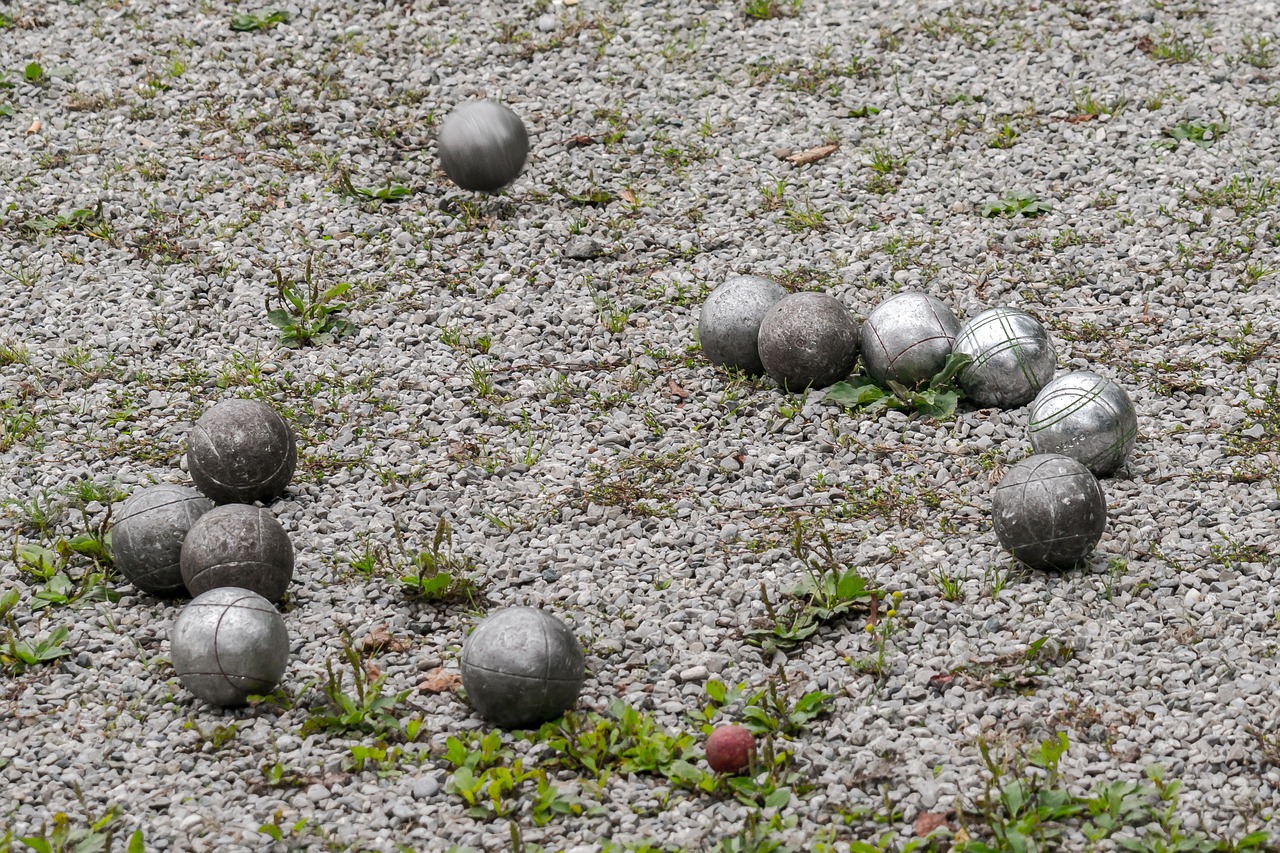Impact Testing of Automotive Glass for Safety Compliance: Betbook250, Anna 247 login, Yolo247 login app
betbook250, anna 247 login, yolo247 login app: Impact Testing of Automotive Glass for Safety Compliance
Automotive glass plays a critical role in ensuring the safety of both drivers and passengers on the road. In the event of a collision or sudden impact, the strength and integrity of the glass can mean the difference between life and death. That’s why impact testing of automotive glass is a crucial step in ensuring safety compliance.
What is Impact Testing?
Impact testing is a process used to measure the ability of a material to withstand sudden force or shock. In the case of automotive glass, impact testing is conducted to assess how well the glass can withstand impact from objects such as rocks or debris on the road, as well as potential collisions.
Types of Impact Testing
There are several methods used to test the impact resistance of automotive glass, including:
1. Drop Test: This involves dropping a weighted object from a specific height onto the glass to simulate the impact of a collision.
2. Ball Drop Test: A steel ball is dropped onto the glass to measure its resistance to impact.
3. Projectile Test: A projectile is fired at the glass at a high velocity to test its ability to withstand impact.
The Role of Impact Testing in Safety Compliance
Impact testing of automotive glass is a regulatory requirement in many countries to ensure that vehicles meet safety standards. Manufacturers must conduct these tests to demonstrate that their glass products can withstand impact forces that may occur during normal driving conditions or in the event of an accident.
Frequently Asked Questions about Impact Testing of Automotive Glass
Q: Why is impact testing important for automotive glass?
A: Impact testing helps ensure that automotive glass can withstand impact forces and protect occupants in the event of a collision.
Q: How often should impact testing be conducted?
A: Impact testing should be conducted regularly during the design and production of automotive glass to ensure ongoing safety compliance.
Q: What happens if automotive glass fails impact testing?
A: If automotive glass fails impact testing, it may not meet safety standards and must be improved or redesigned to ensure compliance.
Q: Are there specific regulations governing impact testing of automotive glass?
A: Yes, there are regulations in place in many countries that outline the requirements for impact testing of automotive glass to ensure safety compliance.
In conclusion, impact testing of automotive glass is a critical step in ensuring the safety of vehicle occupants on the road. By conducting these tests regularly and adhering to safety standards, manufacturers can help reduce the risk of injury and potential fatalities in the event of a collision.







